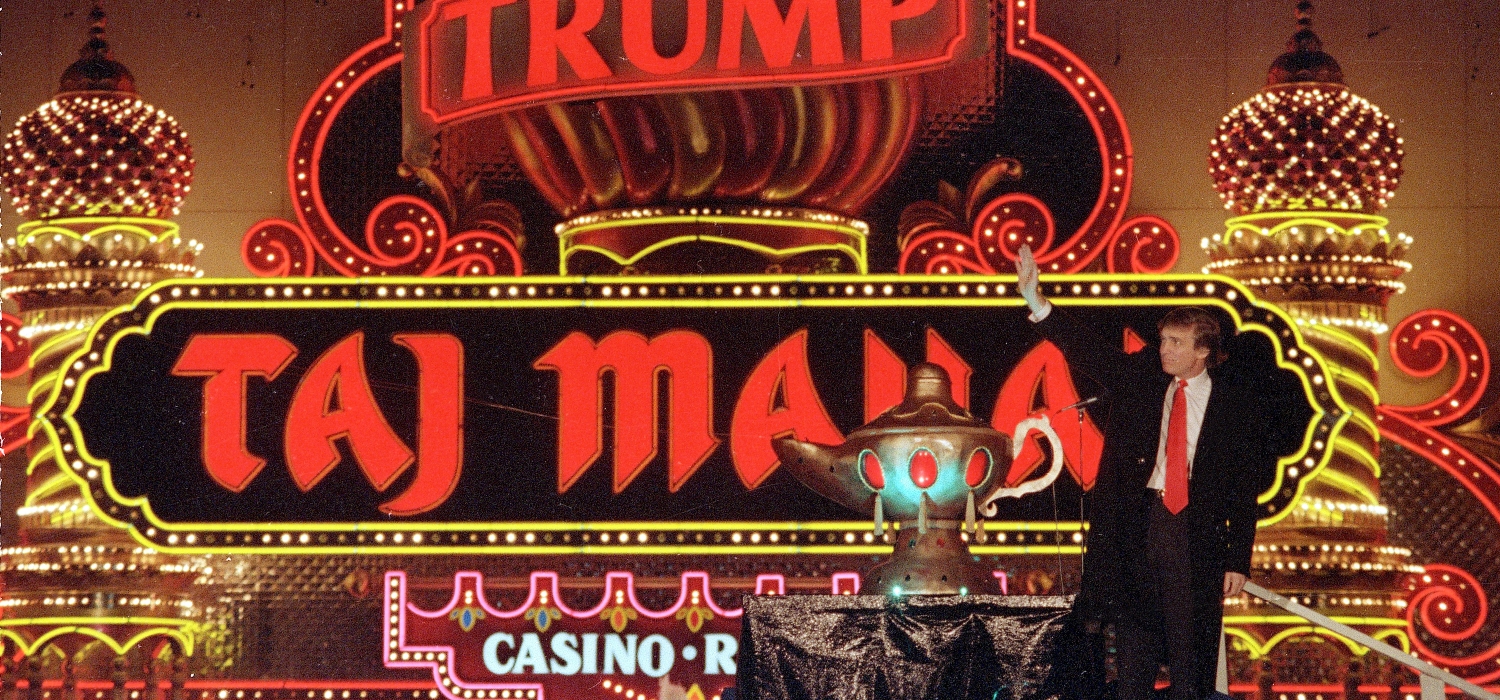President Trump As Role Model: Avoiding Taxes For Sport

Do you consider not paying taxes “sport?” The President of the United States says he does. And that raises serious concerns about the stability of our voluntary tax system.
The New York Times reported yesterday that between 1985 and 1994, Trump told the IRS his businesses had racked up $1.17 billion in losses and, thus, he paid no federal income taxes for most of those years.
In 2016, after seeing an earlier Times report on Trump’s 1995 tax return, my Tax Policy Center colleague Steve Rosenthal explained how he did it. You can read the details here. But, in short, Trump claimed huge loses on a series of failed real estate deals, defaulted on hundreds of millions of dollars in bank loans, then failed to report as income the monetary benefit of those restructured loans. Normally, while taxpayers do not recognize income when they borrow money, they must report as income any amount of debt their lender forgives.
Stretching the law
A since-repealed provision of the law allowed some corporations to avoid reporting income from restructured debt, but this very likely did not apply to Trump–who generally operated his businesses as partnerships. He stretched the law so far that his own tax lawyers expressed reservations at the time.
Because the president has refused to make his tax returns public, we don’t know if the IRS ultimately accepted his aggressive strategy to avoid, or perhaps evade, taxes. And Trump himself insists that what he did was not only legal, but routine for real estate developers.
The president’s tweeted response to yesterday’s Times reporting: “You always wanted to show losses for tax purposes….almost all real estate developers did – and often re-negotiate with banks, it was sport.”
Proud to pay taxes
What will that attitude mean for a voluntary tax system that has worked relatively well. In 2016, the IRS reported that tax compliance in 2008-2010 was about 82 percent.
According to my Tax Policy Center colleague Vanessa Williamson, most Americans consider taxpaying a civic duty, are proud to do it, and believe the amount of tax they pay is fair.
Not everyone feels this way, of course. Small business owners are notorious for evading taxes by underestimating income or overestimating deductible expenses. You know, by putting the family car on the business or deducting that family vacation as a business expense.
The tax gap
That 2016 IRS study found that $190 billion of the nation’s $450 billion tax gap was due to underpayment of income taxes by pass-through businesses such as partnerships and sole proprietorships and self-employment income by owners of those same businesses.
Most taxpayers are unaware of these details, but Vanessa’s research finds that many believe that the wealthy and corporations pay less than they should in taxes. We’ve seen that in the public backlash against the 2017 Tax Cuts and Jobs Act. Two-thirds of the benefits of those tax cuts went to the top 20 percent of the income distribution and one-quarter to the top 1 percent. Even households that got tax cuts (and most did), seemed convinced that they got stiffed by the law.
Donald Trump’s aggressive efforts to avoid paying taxes for at least a decade surely will increase that sense of unfairness. It will strengthen the arguments of Democratic presidential candidates such as Sen. Elizabeth Warren, who wants to raise estate taxes and impose a new wealth tax. Or of her rival Sen. Kamala Harris, who wants to repeal the entire TCJA. And it may invigorate efforts to restore funding for IRS enforcement.
Most of us think of paying taxes as a responsibility and not a sport. But many also believe that the wealthy, who have access to $1000-an-hour lawyers, are gaming the tax laws. If taxpaying—and tax avoidance—is a sport, as Trump says, some of us are playing by different rules.
The irony is that after the 2020 elections, Trump’s behavior as a taxpayer, and his cavalier response to the Times’s disclosures, may result in tax increases on his business supporters.
